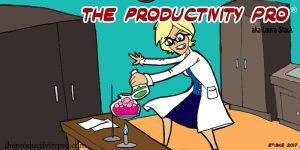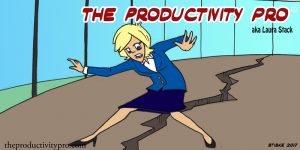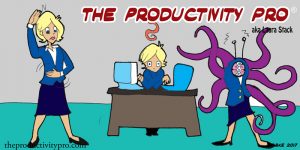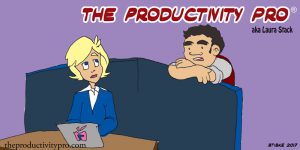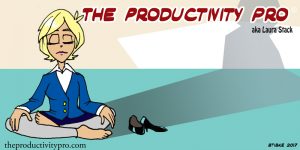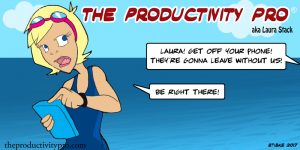
“There should be sympathy cards for having to go back to work after vacation.” – Anonymous. Let's face it: a vacation where you spend any time at all working is not a vacation. And yet, working vacations have become a fixture of our workaholic society. We're already hobbled by the lowest average number of vacation days of any major industrial nation, so you'd think Americans would avoid work like the plague while on vacation — but we don't. Most of us feel obliged to at least check in occasionally… even though, according to one recent survey, 47% of workers don't even use all their annual vacation time. Sadly, many of us are "encouraged" or outright told to keep in touch during vacation. Others feel an unstated pressure to do so, while some don't want to seem like slackers, don't want … [Read more...]

